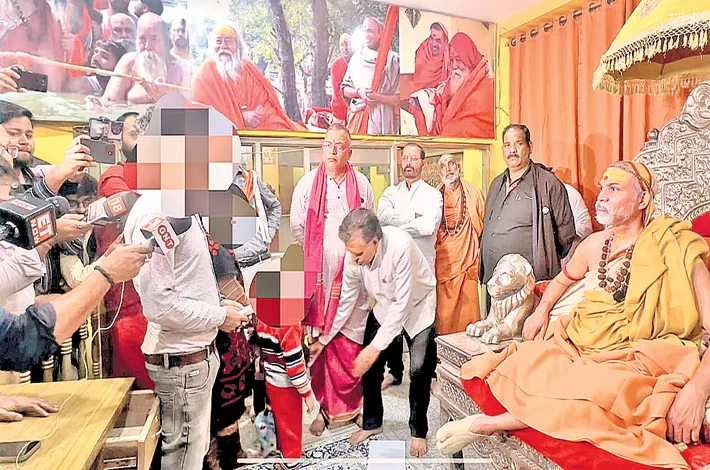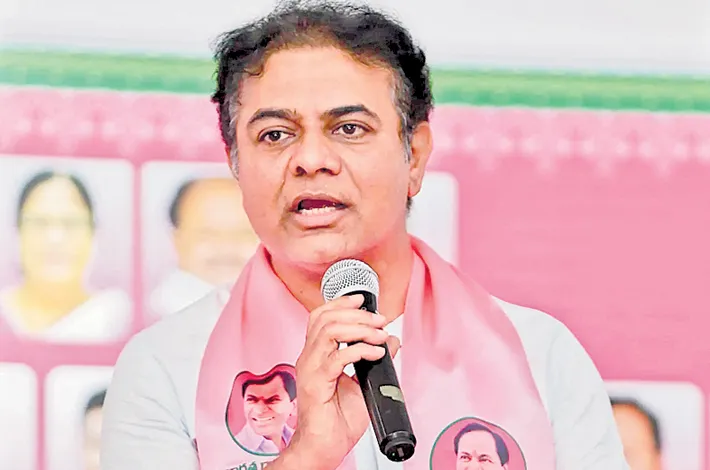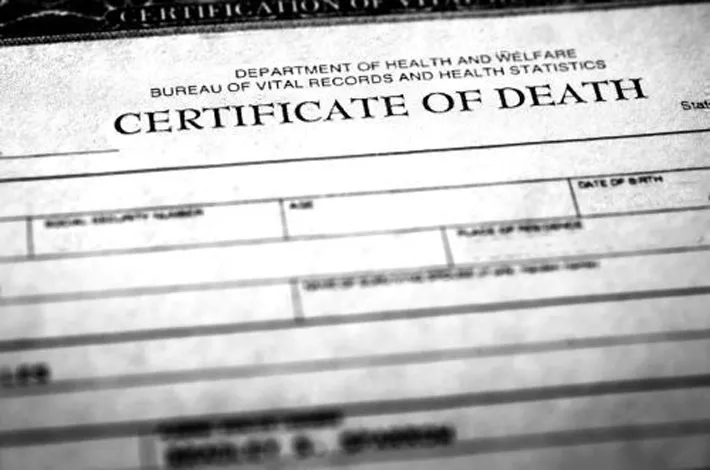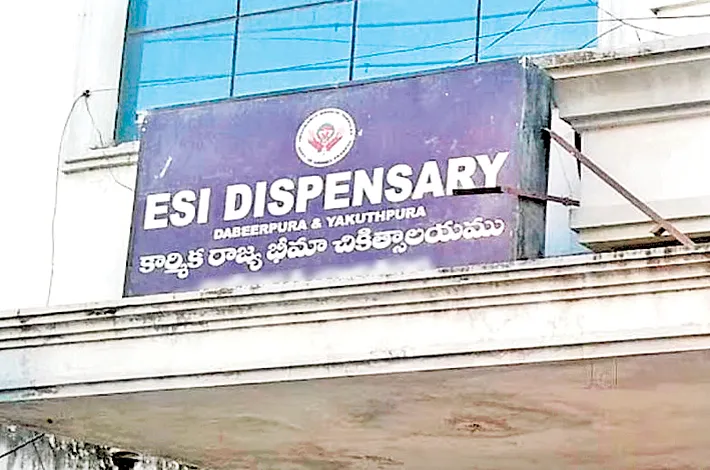Delhi Court lifts Adani gag order
19-09-2025 12:00:00 AM
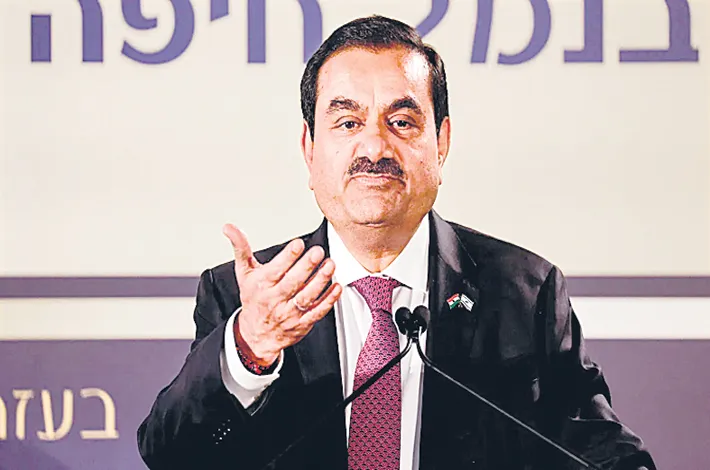
metro india news I new delhi
In a significant victory for journalistic integrity, a Delhi district court on Thursday set aside an ex-parte gag order that had restrained four journalists from publishing stories on the Adani Group. The ruling, delivered in response to an appeal by Ravi Nair, Abir Dasgupta, Ayaskant Das, and Ayush Joshi, underscores the judiciary's commitment to safeguarding free speech against overreach by powerful corporations.
The original injunction, issued on September 6 by Senior Civil Judge Anuj Kumar Singh of the Rohini district court, barred the journalists—along with investigative reporter Paranjoy Guha Thakurta and several activists—from disseminating "unverified, unsubstantiated, and ex-facie defamatory" content about Adani Enterprises Limited (AEL).
The order stemmed from a defamation suit filed by AEL, accusing the defendants of aligning with "anti-India interests" to tarnish the conglomerate's reputation. AEL claimed the coverage had inflicted billions in losses, eroded investor confidence, delayed critical infrastructure projects, and even damaged India's global brand equity. Specific grievances included references to the 2023 Hindenburg Research report, which alleged stock manipulation and accounting fraud within the Adani empire—allegations the group has vehemently denied.
The gag order's breadth was staggering. It mandated the removal of 138 YouTube videos and 83 Instagram posts within five days, encompassing not just investigative pieces but satirical content, political interviews, and incidental mentions of the Adani Group. Platforms like Newslaundry, The Wire, and HW News, as well as prominent voices including Ravish Kumar, Dhruv Rathee, Ajit Anjum, and Aakash Banerjee's The Deshbhakt, received takedown notices from the Ministry of Information and Broadcasting (MIB), citing the court directive. Intermediaries were instructed to disable access within 36 hours and preserve evidence for 180 days, raising alarms over potential censorship.
The journalists swiftly challenged the order, filing separate appeals in the Delhi district court. Thakurta's plea, represented by advocates Apar Gupta, Indumugi C, and Naman Kumar, was heard on Wednesday but adjourned to today. The collective appeal by Nair, Dasgupta, Ayaskant Das, and Joshi—handled by NG Law Chambers through advocate Nakul Gandhi—came up this morning before Additional District Judge (ADJ) .
Their arguments centered on the injunction's vagueness and procedural flaws: it was passed ex-parte without hearing the defendants, failed to specify defamatory elements, and conflated the Adani Group with AEL, which was rarely named in their reports. "The order is over-broad and lacks reasoning," Senior Advocate Trideep Pais, appearing for Thakurta, had contended earlier, questioning, "What will happen if articles aren't published for one more day?"
AEL, defended by Senior Advocates Anurag Ahluwalia and Jagdeep Sharma, countered that the restraint was necessary to prevent "media trials" and further reputational harm. They pointed to websites like paranjoy.in, adaniwatch.org, and adanifiles.com.au as hubs of "malicious" attacks that had triggered global investor panic.
In a concise yet impactful judgment, the ADJ ruled in favor of the appellants, vacating the interim injunction. The court observed that while AEL had established a prima facie case initially, the balance of convenience now favored press freedom. Verified reporting on public interest matters, the judge noted, could not be stifled under the guise of defamation. The order explicitly permitted factual journalism, provided it adheres to ethical standards, and directed all parties to maintain status quo on removed content pending the defamation suit's merits.
The decision has been hailed as a bulwark against corporate bullying of the media. "This is a win for accountability in India's corporate landscape," said Joshi, speaking to reporters outside the court. Dasgupta echoed, "Gag orders can't silence scrutiny of billion-dollar empires." Thakurta, whose parallel appeal was consolidated, called it "a reminder that truth isn't defamatory." Press bodies like the Editors Guild of India welcomed the ruling, urging reforms to prevent ex-parte restraints on journalism.
For the Adani Group, the setback arrives amid ongoing global headwinds. Post-Hindenburg, the conglomerate's market value plummeted by over $150 billion, though it has since rebounded through diversification into renewables and ports. Critics argue the suit reflects a pattern of litigiousness—Adani entities have pursued over 20 defamation cases against detractors since 2023. AEL has yet to comment, but sources indicate an appeal to the Delhi High Court is likely.





